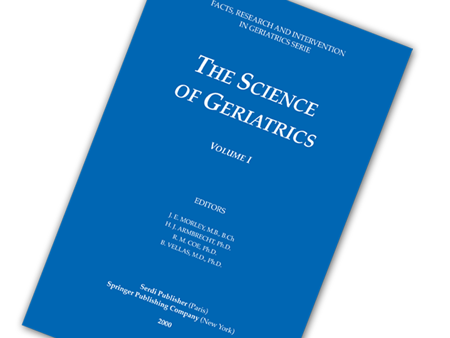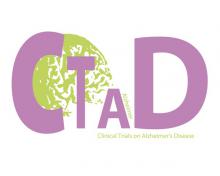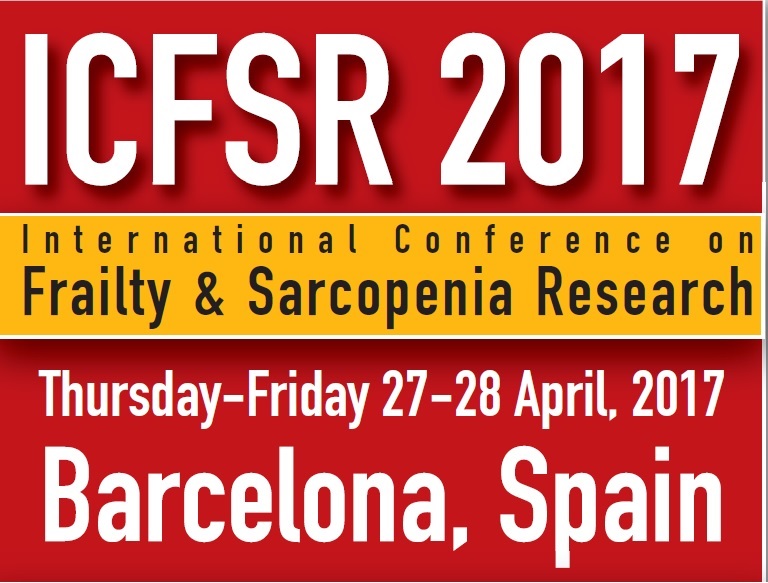Effects of a Home-Based and Volunteer-Administered Physical Training, Nutritional, and Social Support Program on Malnutrition and Frailty in Older Persons: A Randomized Controlled Trial.
The aim of this study by Luger et al. was to examine the effects of a home-based and volunteer-administered physical training and nutritional intervention program compared with social support intervention on nutritional and frailty status in prefrail and frail community-dwelling older persons.
This was a randomized controlled trial in which community-dwelling persons (mean age = 83 years) were recruited and randomly assigned to the physical training and nutritional intervention group (PTN, n = 39) and the social support group (SoSu, n = 41). The study was conducted by trained lay nonprofessionals.
The community-dwelling older persons in both groups were visited twice a week by trained nonprofessional volunteers (buddies) in Vienna, Austria.
In the PTN group, both the buddies and older persons performed 6 strength exercises within a circuit training session and discussed nutrition-related aspects. The active control group (SoSu) had the opportunity to perform cognitive training in addition to the social contact.
Outcome measures as nutritional (Mini Nutritional Assessment long form [MNA-LF]) and frailty status (Frailty Instrument for Primary Care of the Survey of Health, Ageing and Retirement in Europe [SHARE-FI]) were obtained at baseline and after 12 weeks.
Significant improvements in the MNA-LF score (1.54 points, 95% confidence interval [CI] 0.51-2.56; P = .004) and the SHARE-FI score (-0.71 discrete factor score values, 95% CI -1.07, -0.35; P < .001) were observed in the PTN group after 12 weeks. In both groups, the prevalence of impaired nutritional status and frailty decreased significantly over time. The prevalence of impaired nutritional status decreased by 25% in the PTN group and by 23% in the SoSu group. Moreover, the prevalence of frailty decreased by 17% in the PTN group and by 16% in the SoSu group. The presence of impaired nutritional status at baseline was independently associated with greater changes in the nutritional (adjusted odds ratio [OR] 3.18, 95% CI 1.26-7.98; P = .014) and frailty status (adjusted OR 3.16, 95% CI 1.01-9.93; P = .049) after 12 weeks.
A home-based physical training, nutritional, and social support intervention conducted by nonprofessionals is feasible and can help to tackle malnutrition and frailty in older persons living at home. Furthermore, social support alone also can result in improvement. In particular, older adults with impaired nutritional status at baseline can benefit more from the intervention. Such a home visit program might also have the potential to prevent future health risks and could allay isolation and loneliness.
(1) J Am Med Dir Assoc. 2016 Jul 1;17(7):671



